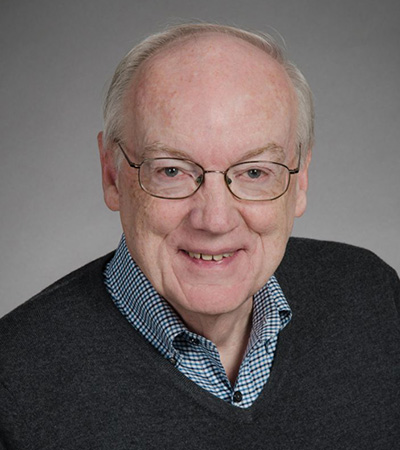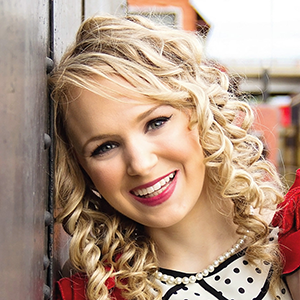In memoriam: William Catterall
William Albert Catterall, a neuroscientist and pharmacologist at the University of Washington, died February 28 at the age of 77. He was a member of the American Society for Biochemistry and Molecular Biology for more than 45 years and served on the society’s Council.

Born in Providence, Rhode Island, on Oct. 12, 1946, Catterall received a bachelor's degree in chemistry from Brown University in 1968. He concentrated his studies on physiological chemistry for his Ph.D., which he earned in 1972 from Johns Hopkins University School of Medicine. He conducted postdoctoral research under Nobel laureate Marshall Nirenberg at the National Institutes of Health, focusing on neurobiology and molecular pharmacology.
In 1977, Catterall joined the pharmacology department at the University of Washington School of Medicine, where he was on the faculty until his death; he served as department chair for 33 years, beginning in 1983. He helped co-found an undergraduate program in neurobiology at the UW College of Arts and Sciences in 2000.
Known as the “father of ion channels,” Catterall chose important scientific questions to guide his research. He studied the molecular basis of ion channel function for cardiac and neuronal excitability observed in electrophysiology. His early studies isolated and identified voltage-gated sodium and calcium channels as well as their composition and biophysical properties. He later translated many of his basic laboratory studies to preclinical findings, identifying genetic variation of ion channel genes as targets for a number of diseases. He contributed to more than 500 scientific papers on ion channels, some posthumously.
Catterall was also dedicated to the education of others, according to his colleagues. More than 150 scientists trained in his laboratory, fondly calling themselves ‘‘Catterallians’’ during lab outings to hike or ski in the area around the university. One lab alumna, Lori Isom, wrote that she was “forever grateful to Bill for investing in our training and impacting our scientific careers as a role model.”
In a YouTube video series “Science Communication Lab,” Catterall described some of his groundbreaking work to identify the voltage sensors, the ion-conducting pore and the inactivation gate of sodium channels.
Among Catterall’s awards and honors were his induction as a fellow of the American Association for the Advancement of Science in 2010, the Bristol–Myers Squibb Award for Distinguished Achievement in Neuroscience Research and the Robert Ruffolo Lifetime Achievement Award from the American Society for Pharmacology and Experimental Therapeutics.
An ASBMB member since 1977, Catterall served on the ASBMB council from 1994 to 1997 and on the Journal of Biological Chemistry editorial board in 1983. He was also a member of the National Academy of Sciences, National Academy of Medicine, Academia Europaea and the Royal Society.
Catterall remained an active researcher until his death. He died while attending the Sixth International Calcium Channel Conference on Boracay in the Philippines, where he was presenting work on the regulation of cardiac calcium channels.
He is survived by his wife, Tina; his daughter, Elizabeth; and his son, Douglas.
Read more about Bill Catterall’s legacy in a 2015 JBC spotlight.
Enjoy reading ASBMB Today?
Become a member to receive the print edition four times a year and the digital edition monthly.
Learn moreGet the latest from ASBMB Today
Enter your email address, and we’ll send you a weekly email with recent articles, interviews and more.
Latest in People
People highlights or most popular articles

Sketching, scribbling and scicomm
Graduate student Ari Paiz describes how her love of science and art blend to make her an effective science communicator.

Embrace your neurodivergence and flourish in college
This guide offers practical advice on setting yourself up for success — learn how to leverage campus resources, work with professors and embrace your strengths.

Survival tools for a neurodivergent brain in academia
Working in academia is hard, and being neurodivergent makes it harder. Here are a few tools that may help, from a Ph.D. student with ADHD.

Quieting the static: Building inclusive STEM classrooms
Christin Monroe, an assistant professor of chemistry at Landmark College, offers practical tips to help educators make their classrooms more accessible to neurodivergent scientists.

Hidden strengths of an autistic scientist
Navigating the world of scientific research as an autistic scientist comes with unique challenges —microaggressions, communication hurdles and the constant pressure to conform to social norms, postbaccalaureate student Taylor Stolberg writes.

Richard Silverman to speak at ASBMB 2025
Richard Silverman and Melissa Moore are the featured speakers at the ASBMB annual meeting to be held April 12-15 in Chicago.

